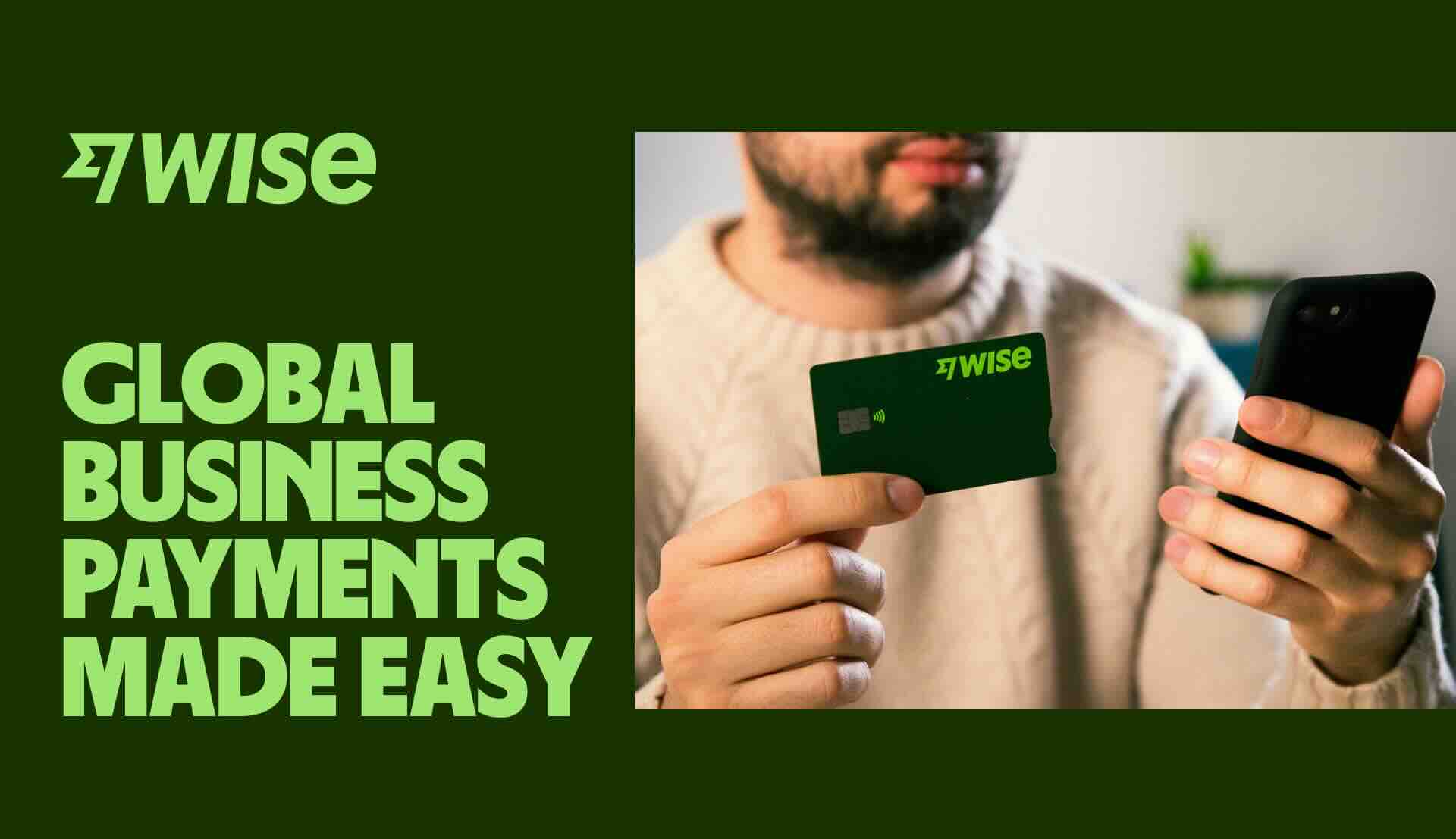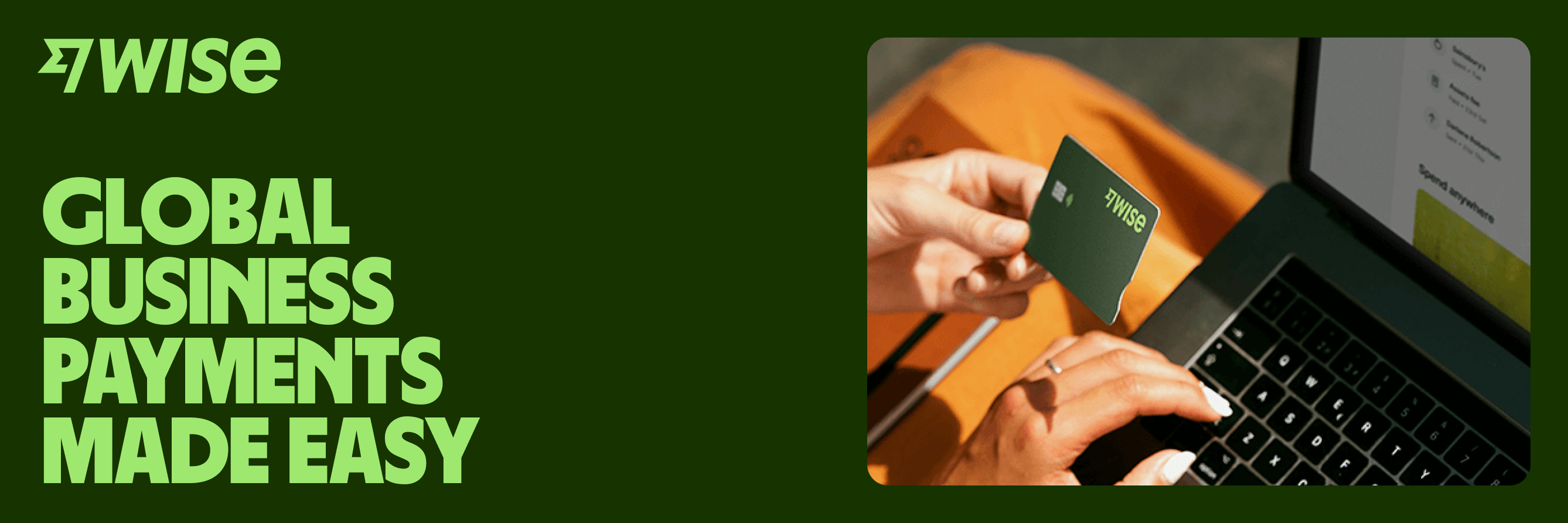Xero pricing Australia: Plans, costs & features guide
Explore Xero pricing in Australia. We break down all 4 plans, hidden costs, and features like payroll & multi-currency. Find more.

Around 75% of payments are made with cards in Australia1. For startups and established businesses alike, setting up a credit card payment system is almost a rite of passage, an important step to reaching new customers and increasing sales.
Traditionally, making credit or debit card payment online is a process where customers of online merchants click through a few prompts, fill in their card details, and voila, their purchase is confirmed.
However, like most technologies, card payments are also evolving. They are no longer confined to desks at retail stores. It’s now possible to capture sales on the move and online with mobile card readers and contactless payments.
In this blog we’ll explore some of the benefits of accepting credit cards, the methods for using them, and the fees involved. We’ll also explore how Wise Business can be an indispensable tool when accepting cross-currency payments.
| Table of contents |
|---|
There are multiple benefits to accepting credit cards. It can open up new avenues for business and improve processes — card transactions are quick, efficient, and accountable for all.
For startups, accepting credit cards can be a competitive differentiator — 55% of small businesses offer it as a payment method in Australia2. Furthermore, a quarter of Australians actively seek out businesses that accept multiple payment options2. In 2025, consumers have higher expectations when it comes to payment types, and meeting them can be great for business.
The vast majority of payments in Australia are made with cards. An inability to accept credit cards can severely limit your sales potential. Adding a card terminal or accepting online card payments will make it easier and more convenient for your customers to buy your products and services, which will boost sales and transaction amounts.
Relying on cash or bank transfers can put a hand brake on operations and complicate accounting. Card payments are processed faster — especially with Wise — giving you almost instant access to the funds you need for your business. It also reduces security risks in terms of theft and handling errors.
Accepting credit card payments lays the groundwork for future expansion. It simply makes it much easier to do business with international suppliers and customers. It also facilitates seamless transactions cross multiple channels — you’ll have no problem accepting payments in store, online, even on social media. Removing barriers lets you focus on growth in the long-term.
There are multiple ways to take credit card payments as a business in Australia. For most of these you’ll need a merchant account, which can be tailored to a specific card payment type: e-commerce, mobile, retail, or phone, and a payment gateway service.

Around a fifth of all retail payments in Australia are now made online3. You can receive credit card payments online through your website by setting up a digital storefront. There are plugins for WordPress that integrate the storefront with a payment gateway, such as WooCommerce. After setting up a storefront, visitors can then check out and enter payment details to purchase your products or services.
Let us look at two ways to accept credit card payments online!
Setting up a merchant account is the traditional method to accept credit card payments online. This is when your business enters into a contract with a merchant acquiring bank. This could be with your business banking provider or another bank, depending on if they offer merchant account options and your business meets eligibility requirements.
With a merchant account you’ll also need to set up a payment gateway. Payment gateways act as the customer facing interface or the “check out” portal on your website that enables your business to securely accept customer card details.
| ❓Merchant accounts vs Business accounts, what's the difference? New businesses often confuse business accounts with merchant accounts, but they serve different purposes. Merchant accounts are specialized for accepting and processing credit and debit card payments, but they can't store money or handle transactions. |
|---|
Business accounts, like Wise Business, are used for general business transactions, such as paying bills, receiving payments, and handling cross-currency conversions, but they don't process card payments. Instead, business accounts can receive funds from payment processors like Stripe.
The second way to accept customer card payments is by using a third party payment processor. A third party payment processor is an intermediary business entity that has their own relationship with merchant acquiring banks. This means they provide the online payment gateway and merchant bank services without you having to go through multiple entities.
Some of the top payment processor entities in Australia:
| Payment Gateway + Merchant Account | Third Party Payment Processors | |
|---|---|---|
| Setup and Approval | Difficult approval process with high setup costs | Quick and easy setup with no upfront commitments |
| Payment Acceptance | Accepts card payments through local banks with greater security | Global reach with customizable payment integrations, including foreign currencies |
| Contracts and Flexibility | Involves strict agreements and separate fees for each service | No lock-in contracts but subject to third-party business decisions |
| Support and Service | Offers in-person support through certain banks | Less personalized customer support |
| Transaction Costs | May require additional international gateways with higher fees | Variable transaction fees that can change |
| Technology and Integration | Requires multiple technologies and accounts | Can use existing business bank accounts, reducing technology needs |
When deciding on which option is best for your business, consider what industry you are in, the size of your business, what your budget allows and how quickly you want to start accepting payment
Additionally, businesses that use third-party payment processors or platforms (like Stripe or Pin Payments) can often manage card transactions without needing a separate merchant account, as these services handle the card processing on behalf of the business. In such cases, the funds collected through these platforms can be deposited directly into a business account like a Wise Business account.


Sign up for the Wise Business account! 🚀
Digital payments are growing. However, 43% of Australians still prefer shopping in store4. You’ll need a business bank account and credit card terminal to accept payments in a brick-and-mortar store. These point of sale (POS) systems also require a merchant account — an intermediary — to process customer’s payments before you receive them.

Startups may benefit from accepting credit payments via mobile POS systems connected to a smartphone or tablet. These systems — great for pop up vendors, food trucks, service providers etc. — usually feature a small card reader that processes the transaction and communicates with a merchant account or payment services provider.
You can also close deals and accept credit card payments on the phone by using a virtual terminal provided by a payment processor to enter a customer’s card details directly. This payment method may be useful for plumbers, electricians, consultants, and other service-based businesses.
When setting up credit card payments, the main choice for a business is whether to go with a traditional merchant account and payment gateway, or opt for a third party payment processor. The latter is more accessible for startups, but there might be higher transaction fees and fewer branding options.
Most merchants and processors support major credit card networks — Visa, Mastercard, American Express — and digital wallets like Apple Pay and Google Pay. But it’s best to double-check to be sure.
Here’s a quick guide for setting up credit card payments:
If you’re wondering how to accept contactless payments, most modern POS systems support these by default. However, you might need to opt in or activate NFC payments with your payment processor.
There are multiple costs and fees involved when accepting credit payments as a business in Australia. It’s important that you’re aware of all of these to prevent hidden charges from affecting your bottom line.
Unfortunately, payment fees are one area that small businesses struggle to control and manage. The cost of hidden fees in financial transactions can be particularly debilitating for startups — US-based SMBs lose $153bn every year5.
The costs of simply doing business is a major challenge when completing international transactions. In contrast to domestic payments, cross-border transactions have more variables, with high currency conversion fees and volatile exchange rates.
However, hidden charges inherent to traditional banking systems can be a killer sometimes when it comes to international transactions. In such cases, you can leverage the use of multi-currency accounts like Wise Business that can be used to receive payments into the business account.
Once the money is received, Wise Business can be used to convert the currency at the mid-market rate with transparent transfer fees so that businesses can keep more of their hard-earned money.
In addition, the Wise Business account can integrate with business tools to help automate invoice payments, simplify bookkeeping, and more. This effective top-down approach helps you to save money, which can be invested in things that really matter. It also gives you confidence to finally target growth and expansion globally without fear of the unknown.
What's more, you'll benefit from the following with a Wise Business account:
Sign up for the Wise Business account! 🚀
Yes, you can accept cards by using a payment service provider (PSP) if you can’t open a traditional merchant account. It’s often difficult for startups and small businesses to get approval for a merchant account and payment gateway. Using a third party PSP such as Stripe might be a quicker and easier way to accept credit card payments.
A merchant account is a payment processing account that facilitates transactions by credit and debit cards. It is a business bank account, but not in the typical sense. When customers make payments, the funds are held in the merchant account briefly before being transferred to the business’s main bank account. Merchant accounts act as a secure intermediary.
A merchant account is an account used to process card payments for a single business, while a payment service provider groups multiple businesses under one shared account. They both serve the same purpose but a merchant account typically has lower transaction fees and fewer account restrictions.
The short answer to this question is yes, online payment services are safe to receive credit card payments. However, there are some caveats to security and things to look for when it comes to using these services.
As the card data you’ll be processing is sensitive information, it's imperative you go with a provider that meets PCI compliance standards. You should always check what other measures each provider has in place to mitigate fraudulent activity and online security breaches such as:
These measures can signify that their systems are secure and trustworthy to handle customer card data.
Sources:
To learn more about how much Wise could save your business, check out the Wise Business account. You can sign up online with a few clicks — in minutes.
Open your Wise business account
in minutes 🚀
*Please see terms of use and product availability for your region or visit Wise fees and pricing for the most up to date pricing and fee information.
This publication is provided for general information purposes and does not constitute legal, tax or other professional advice from Wise Payments Limited or its subsidiaries and its affiliates, and it is not intended as a substitute for obtaining advice from a financial advisor or any other professional.
We make no representations, warranties or guarantees, whether expressed or implied, that the content in the publication is accurate, complete or up to date.

Explore Xero pricing in Australia. We break down all 4 plans, hidden costs, and features like payroll & multi-currency. Find more.

Wondering how to reactivate your ABN? Find out more on ABN reactivation, eligibility, required documents, and overall process.

Discover how Xero integration connects works and connects to over 1,000 apps, from ecommerce to payments. Read here.

Learn how to create a compliant tax invoice in Australia. We cover ATO requirements, GST rules, mandatory fields, and more.

Aussie guide on finding the right dropshipping supplier. Explore directories vs wholesalers, checklists, and saving on international payments.

What does it mean to buy direct from China suppliers safely. Discover platforms, steps, and best ways to pay vendors overseas.